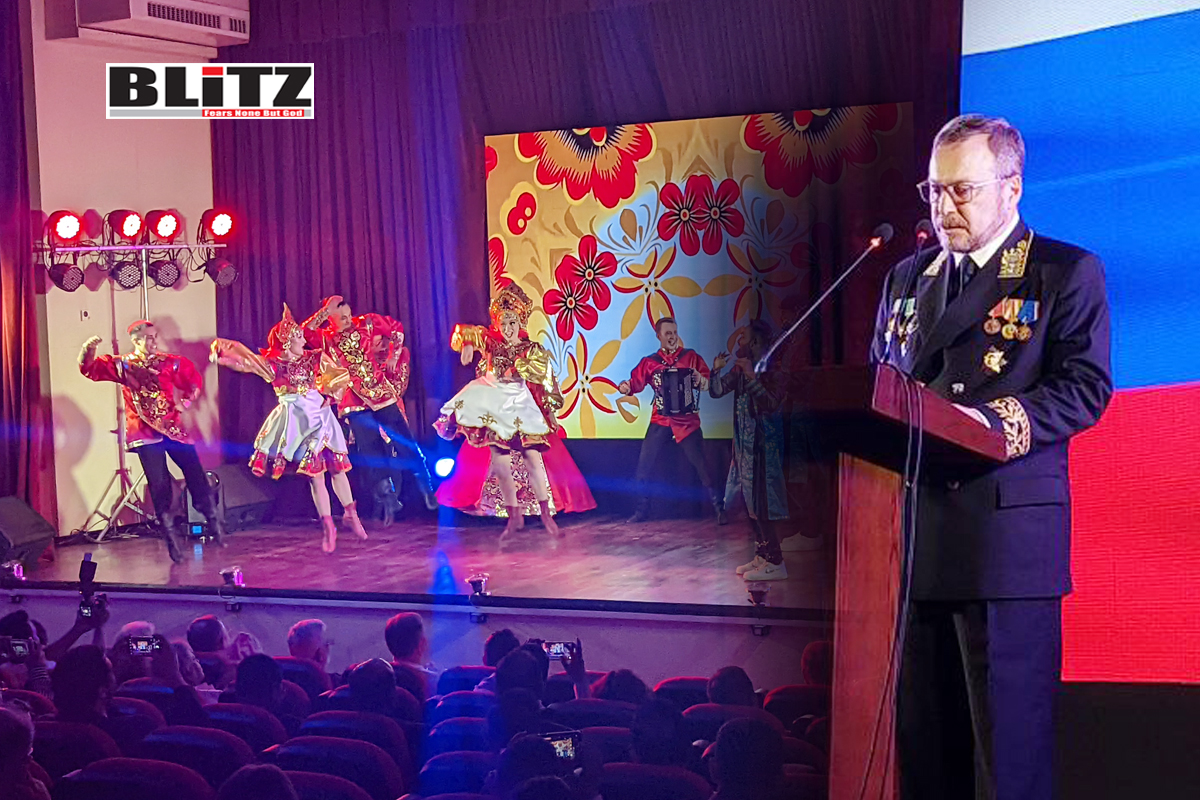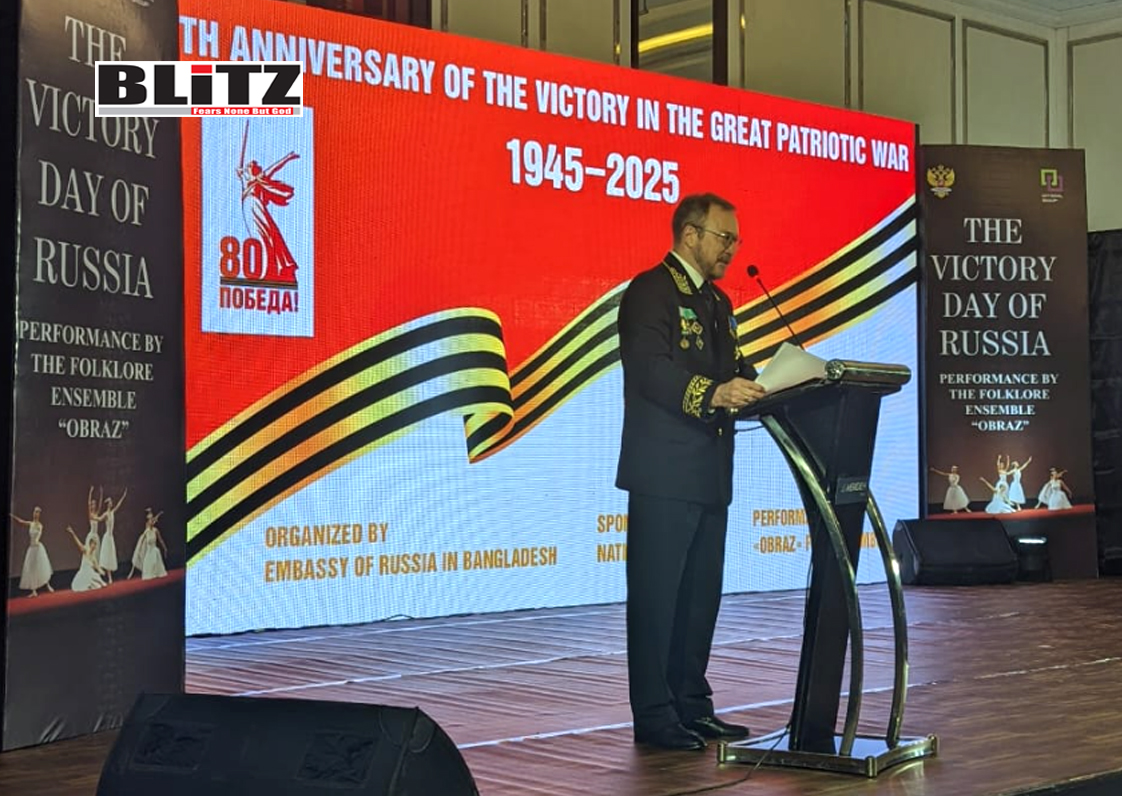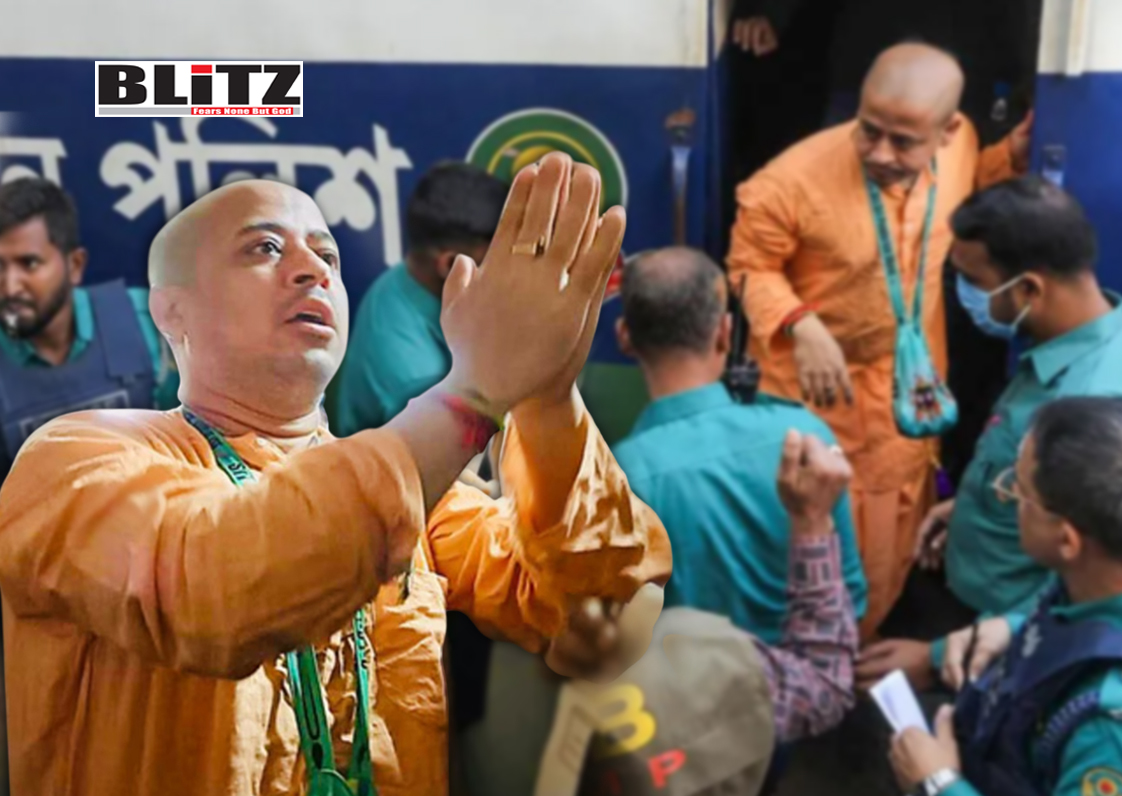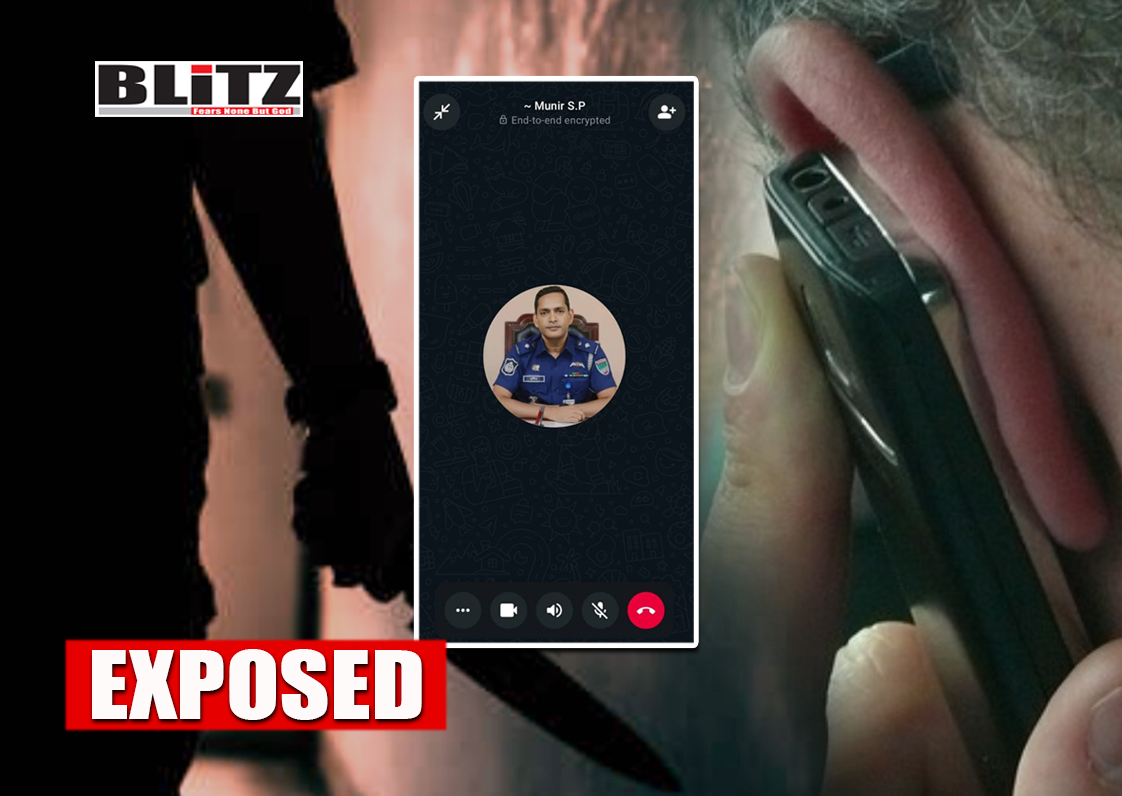“Adoration of Tchaikovsky around the world has reached a mere religious level”
- Update Time : Friday, February 24, 2023

The directors of “War and Peace” in the West anticipate tectonic shifts. And Kutuzov’s aria about Moscow and the Russian people now sounds both strong and scary. Dmitry Vdovin, artistic director of the Bolshoi Theater Youth Opera Program, told Izvestia about what can be expected from a production at the Bavarian Opera, why the legacy of Russian composers is inexhaustible, and what kind of pianists grow up near the Arctic Ocean.
“Historical modulations are simply amazing”
– One of the main European events of the theatrical year is the premiere of “War and Peace” by Sergei Prokofiev at the Bavarian State Opera. The first performance is March 5th. Many of the singers are graduates of the Bolshoi Theater Youth Program. Curious to see the result?
– I will definitely fly to Munich for the premiere of War and Peace. Firstly, indeed, many performers, including the main characters, have left our program. Prince Andrey is sung by Andrey Zhilihovsky. Natasha Rostova – Olga Kulchinskaya, Helen Bezukhova – Victoria Karkacheva, who won the Operalia Placido Domingo competition in Moscow. Many of our graduates also sing there.
Secondly, I am very interested in how this opera can be solved at such a moment, for example, the choral epigraph about “the forces of twelve languages that broke into Russia.” It, as you remember, is taken from the third volume of Tolstoy’s novel. It will be interesting to see how this text will be presented in German subtitles and how the public will perceive it.
Of course, the historical modulations are simply amazing. We live in a history textbook, as director Yevgeny Pisarev said.
– From Munich they report that the 10th picture – “The Military Council in Fili” with the famous aria of Kutuzov about Moscow and the Russian people – will not be. There are also many cuts in choral scenes. And director Dmitry Chernyakov placed the whole action in a kind of closed space.
Scene from the opera “War and Peace” by Sergei Sergeevich Prokofiev
Photo: RIA Novosti / N. Rakhmanov
“It would be easy to ask colleagues and students everything in advance, but I won’t do it. I want to see and perceive everything with a fresh look, without any prejudice, from scratch.
But if everything is as you said, then Kutuzov’s aria is a pity, of course. At the recent bright vocal competition of Khibla Gerzmava, our graduate bass Alexei Kulagin received the Grand Prix, in the third round he sang this aria. It’s amazing how it sounds now – both strong and scary.
– Why is War and Peace staged in the West, what attracts? Title?
– The repertoire in theaters is planned for two or three seasons in advance, and the War and Peace project in Munich was conceived long before February 2022. Perhaps it was a premonition of some tectonic shifts. And in “La Traviata” or “Rigoletto” you will not reflect them in any way. But in “War and Peace” with its epic scale – yes, this is possible.
– In fact, “War and Peace” is a big Russian patriotic opera. It was so conceived by the composer and so embodied by him. Is it possible to distance ourselves from this without violating the design?
— A stage director, especially a modern one, who is much more free from following the letter of the original, can have many approaches to this human drama that took place against the backdrop of historical cataclysms. The juxtaposition of fate, love and war can be striking. As well as the contrast of what Prokofiev writes for peaceful scenes, and what for pictures of war.
I watched the premiere of War and Peace at the Metropolitan Opera, staged 20 years ago by Andrei Konchalovsky with Anna Netrebko and Dmitri Hvorostovsky. I must say that there this work is perceived in a completely different way than here in Russia. It begins to turn into some sharp, uncomfortable angles – sometimes paradoxical texts, a somewhat caricatured image of the same Napoleon, for example.
– Dmitry Chernyakov, staging Russian operas in the West, always invites Russian singers. Is this a position or are foreigners unable to cope with Russian music?
– He always has his own personal vision of which of the artists should take part in his work, for him this is paramount. As far as I know, the priority in choosing the singers for his productions always belongs to him. Some directors quite calmly delegate the right to select artists to quartermasters or their casting directors. Unless they pay attention to the most important roles. And Chernyakov in this sense is a very meticulous person – he is looking for “his artist”, listens, discusses it with colleagues close to him in spirit.
“We can rely on our own strength”
– The Bolshoi Theater is now a somewhat closed system. How did the Youth Program fit into the new realities?
— I constantly think about how it is necessary to adjust our lives in the light of new realities. Will we be able to maintain the quality of training of young singers and pianists that we have achieved over the almost 14 years of the program’s existence? It is no secret that our colleagues, opera specialists from different countries, helped us a lot in achieving this level. But, weighing everything well, I can say that over the years we have been able to form such a team in the Youth Opera Program, including specialists from the middle and young generations, which is able to ensure stable and efficient work, as well as a future in which we can rely on their own strengths.
– In a situation where some artists left, and someone does not have the opportunity to come, did the youth have the opportunity to move quickly?
– For young people, this is actually an amazing opportunity to express themselves, to prove themselves. Especially for artists from the regions. A holy place in our country is never empty. There will always be worthy talent. It is possible to recruit to the Bolshoi Theater a large number of domestic artists, conductors, directors, artists, including those from non-capital regions.
I remember the casting very well. [Дмитрия] Chernyakov for his production of Sadko at the Bolshoi Theatre. In my memory, the great Sadko was Vladimir Andreevich Atlantov, God bless him. I witnessed his fantastic performances in Sadko, after which the audience gathered at the columns of the Bolshoi Theater and, standing in the cold, shared their impressions of his singing for a long time, they could not disperse. And the performance, by the way, ended half an hour before midnight.
Artistic Director of the Youth Opera Program of the Bolshoi Theater Dmitry Vdovin
Photo: Izvestia / Kristina Kormilitsyna
After such a Sadko and vivid memories of him, it is not easy, almost impossible to find a new one. And a long search came to a standstill, when suddenly a young tenor Ivan Gyngazov appeared. I went to the audition on stage, sang – and it became clear that this was the voice of the Atlantean scale. Found it! And Nazhmiddin Mavlyanov, a completely different Sadko, also showed himself more than worthy.
I heard Gyngazov for the first time in Novosibirsk. Now he has a great career. She sings both at the Bolshoi and at the Mariinsky, abroad and at the Helikon-Opera, her own theater.
I think that the people who are now at the helm of our art have a huge responsibility – not to miss the talent. Do not think: no, this is a risk, my reputation may suffer if I give a chance to a young artist. You have to try, you have to give it a chance. After all, Atlantov, like Chaliapin before him, did not start with unconditional victories and successes.
– How does General Director Vladimir Urin feel about proposals to take risks?
– He, of course, always keeps his finger on the pulse of the theater. He is not the director who sits in the office and remotely controls the process. Absolutely not.
I am not familiar with the issues of casting for the troupe, for new productions of the theater, but I see how approaches to finding and inviting new artists to performances in our theater are changing, fresh voices and faces are appearing, and artists of the Youth Program have become more actively involved in the repertoire.
“The greatest joy in life is to notice talent”
— Search and support of talents is an important part of our pedagogical school. She works?
– There is a young man in our program – Nikolai Edukin, a pianist. By nationality, he is Even, this is a people living in the north of Yakutia and in the surrounding regions.
Nikolai was born in the village of Chokurdakh, which is not far from the Arctic Ocean. Went to music school. So she was and is there. Seeing his talent, the teachers recommended that the boy be transferred to a specialized ten-year music school in Yakutsk. From there he entered the Kazan Conservatory. And we, in turn, invited him to the Bolshoi Theater Youth Program. Here is such a story. Clear confirmation that the talent search and support system that the Soviet Union was famous for continues to work.
Photo: bolshoi.ru
Nikolay Edukin
I and my colleagues in the program are also making a lot of efforts to even more actively search for young gifted people. Every year we visit 8-10 cities to audition young singers and pianists, I am invited to master classes in different regions of the country, and I share my observations and impressions with my colleagues in the theater? We also visit the countries of the former Soviet Union – in Belarus, Armenia, Azerbaijan, Kazakhstan. The Astana Opera also has a very interesting Academy of Young Singers, I worked with them several times. And we are not alone in Moscow – “Helikon-Opera” also opened its own youth project several years ago, and I am happy to cooperate with them.
For me, the greatest joy in life is to notice talent and help it in some way.
And then – as it turned out, the world cannot live without Russian culture, and, despite all the difficulties, our artists are in demand on all stages of the world. The Russian artistic heritage is huge, and it seems to me that it has begun to attract even more close attention around the world.
How is the Youth Program promoting it?
– We have been on the program for a year now – eight years, if I’m not mistaken – we present an anthology of Russian classical romance. We do two, three, even four programs a season, and yet we are far from completing the project: the legacy of Russian composers is boundless.
Photo: bolshoi.ru
The longer I live, the more proud I am of the great heritage that Russia has. This understanding of our artistic wealth unusually excites me, turns me on. I am amazed how it was possible to create so many! Moreover, in the most difficult years of wars, famines, repressions and God knows what that has befallen us over the hundreds of years of our difficult history.
All this is alive, all relevant. I am generally silent about Tchaikovsky. The adoration of him all over the world has reached some religious level. Wherever you go, everywhere it sounds.
– Despite the talk about the abolition of Russian culture?
Yes, it’s just amazing. In the largest theaters of the world, Russian opera is everywhere. In Brussels – “Eugene Onegin”. In Zurich – “Eugene Onegin”. In Frankfurt – “The Enchantress”, in the Metropolitan – “Lady Macbeth of the Mtsensk District”, Milan’s La Scala opened the season with “Boris Godunov”. We have already talked about “War and Peace” in Munich. By the way, this opera was recently staged in Budapest. You can go on and on.
“The Bolshoi Theater needs a musical leader”
– There is no musical director at the Bolshoi Theater now. Do you personally miss it? What should it be?
– Of course, the theater needs a musical leader. By the way, in my memory, one of the most interesting at the Bolshoi Theater was the period when composer Leonid Arkadyevich Desyatnikov was the music director. His presence in the theater, communication with him was unusually inspiring.
The main thing is that this is a person who does not consider the Bolshoi as one of the steps in his personal career. So that he sincerely loves this theater, this team, these artists, knows and appreciates the amazing history of this theater.
Photo: Izvestia/Alexander Kazakov
— You are loyal to the Bolshoi Theatre. Did you want to work in other institutions?
– I will not be modest, I had a lot of offers. Including the creation and management of youth programs abroad, in very famous theaters. But I love Big. He fostered me, I owe him the strongest artistic impressions of my life.
I came into it as a first year student. And as a spectator even earlier – in 1977. What then took place on this stage was unforgettable. It is no coincidence that this period is called the golden age of the Bolshoi. I think that I, like my colleagues, have a huge debt to those whom we were lucky to see and hear on this great stage then. Their art gave us great happiness. We must remember this. Remember and equal to them, to this highest level. And yet always move forward.
Help “Izvestia”
Dmitry Vdovin graduated from GITIS as a theater critic and from the Academy of Choral Art. V.S. Popova (AHI) as a vocalist and vocal teacher. In 1992 he became artistic director of the Moscow Center for Music and Theatre. From 1999 to 2009 – artistic director and teacher of the Moscow International School of Vocal Arts. Since 2009, he has been one of the founders and artistic director of the Youth Opera Program of the Bolshoi Theater of Russia. Member of the jury of prestigious international vocal competitions.

















